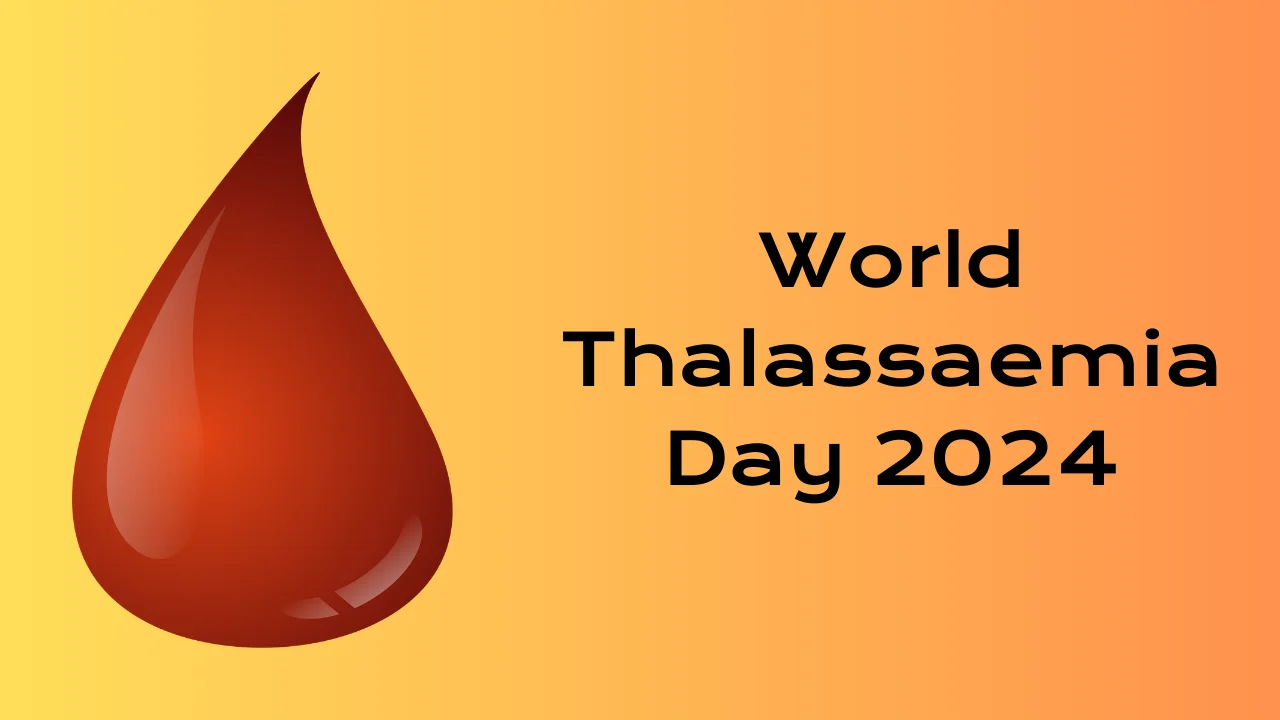ISLAMABAD, May 7 (APP):World Thalassemia Day will be celebrated on Wednesday to spread awareness about thalassemia, a genetic
blood disorder characterized by abnormal hemoglobin production, encouraging people to seek treatment and live healthy, fulfilling lives.
The 2024 theme for World Thalassemia Day, “Empowering Lives, Embracing Progress: Ensuring Equitable and Accessible Thalassemia Treatment for All,” underscores the significance of providing equal and accessible treatment options to enhance their
quality of life.
World Thalassemia Day underscores the condition’s manifestation, which occurs when the body doesn’t produce enough hemoglobin, an essential component of red
blood cells. This manageable disorder can be effectively addressed through medical interventions such as
blood transfusions and chelation therapy, with guidance from healthcare experts.
Through raising awareness, World Thalassemia Day educates individuals about the disease, including its causes, symptoms, prevention, and treatment options.
Additionally, the day serves as a platform to diminish the stigma associated with thalassemia, fostering open discussions and encouraging understanding.
The day urges governments, organizations, and healthcare professionals to unite in the fight against thalassemia.
Thalassemia, an inherited
blood disorder, results in the production of abnormal hemoglobin—a protein in red
blood cells responsible for carrying oxygen.
The condition causes an overabundance of red
blood cell destruction, resulting in anemia. Anemia is characterized by a deficiency of normal, healthy red
blood cells (RBCs) in the body. This inherited disorder indicates that at least one par
ent carries the disease. It arises from genetic mutations or the deletion of specific crucial genes.
A report indicates that approximately 100,000 individuals in Pakistan are afflicted with Thalassemia, with around 5,000 babies born with this severe condition each year. These patients require regular
blood transfusions and iron chelation therapy, overseen by a
qualified Hematologist, as well as ongoing diagnostic tests on a monthly basis. However, these expenses pose a significant burden on low-income families in Pakistan.
Thalassemia patients should avoid excess iron and prioritize regular check-ups, hydration, hygiene, and vaccinations. Genetic counseling and emotional support are vital for managing this genetic disorder effectively.
